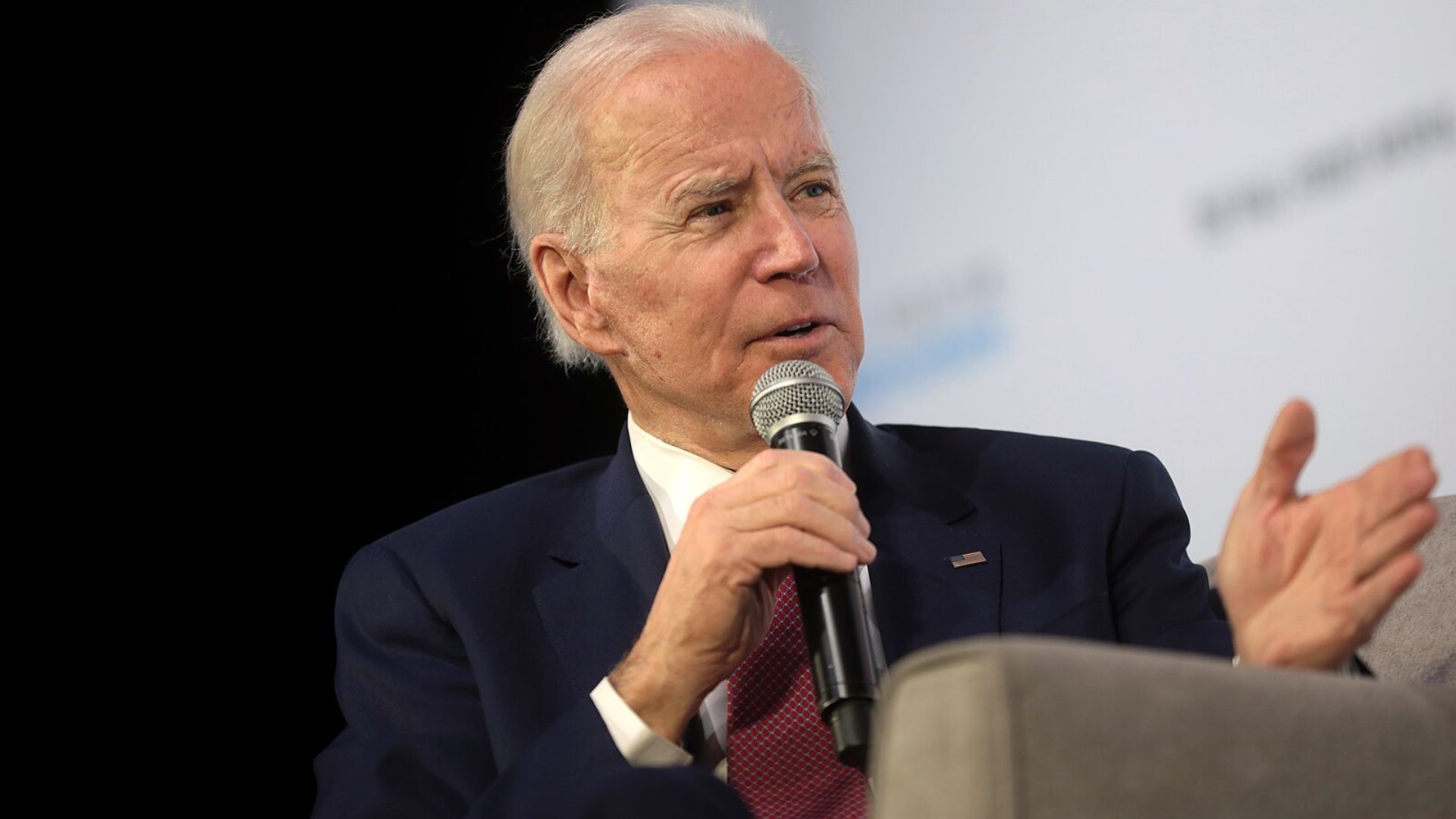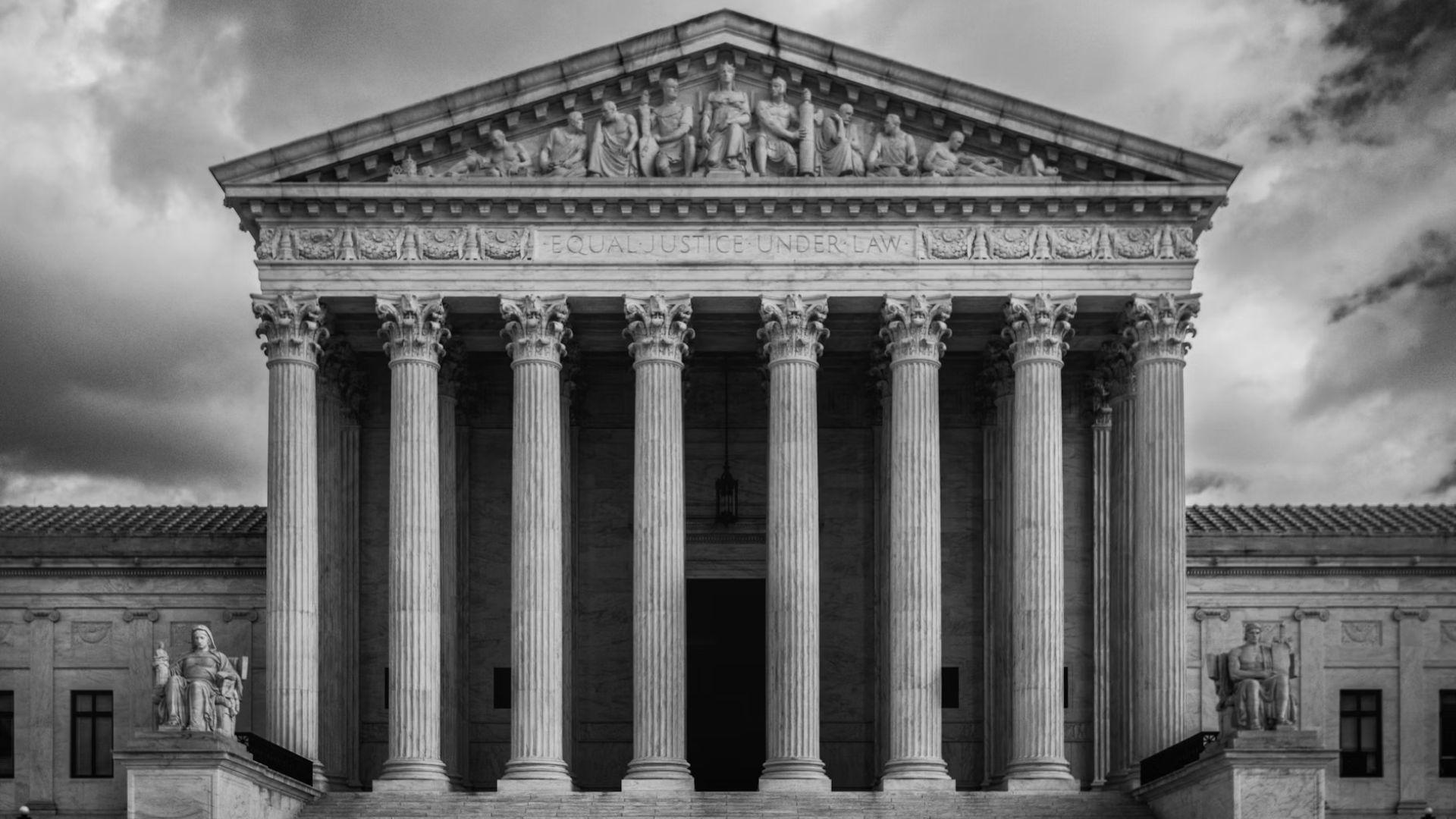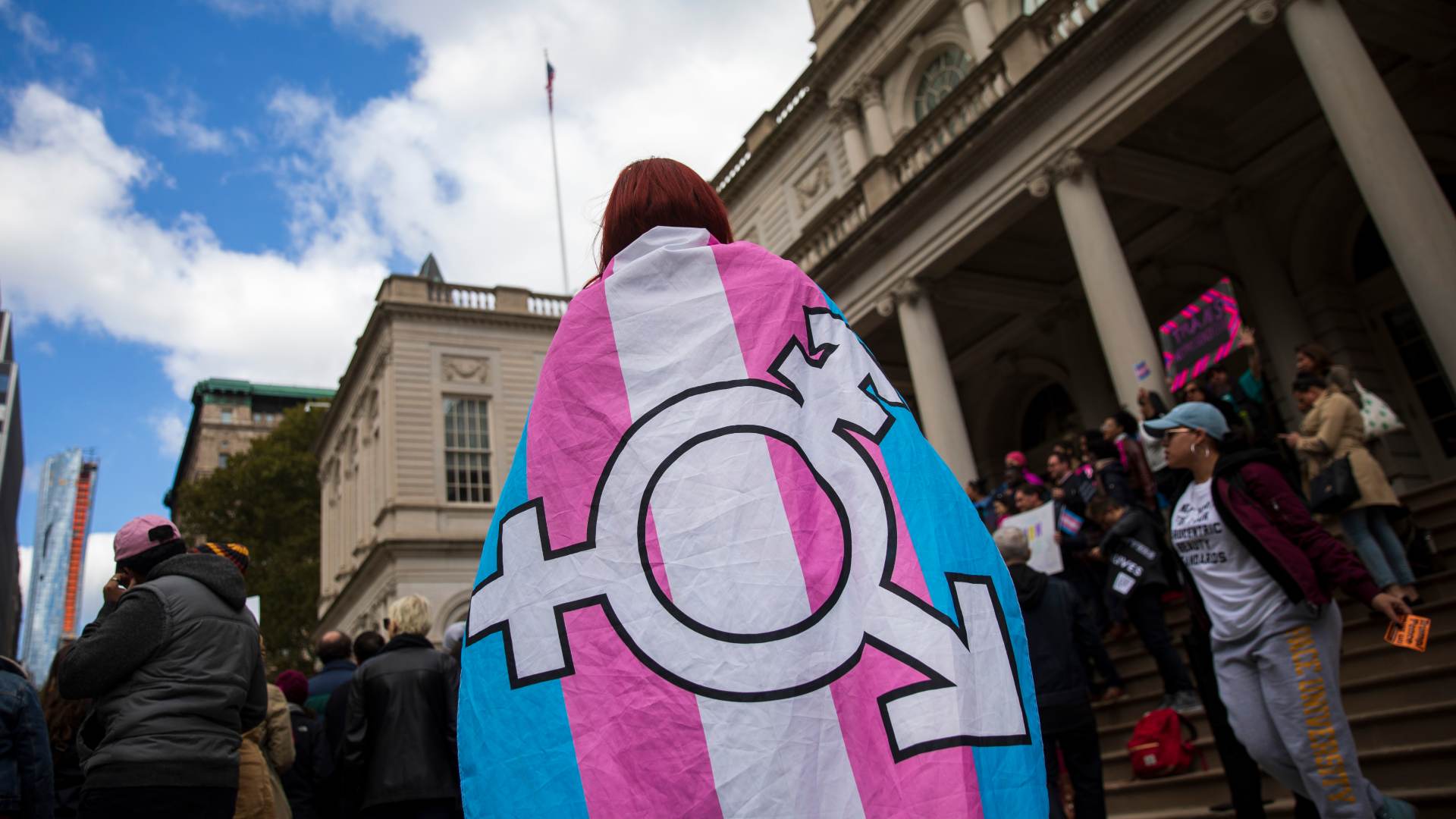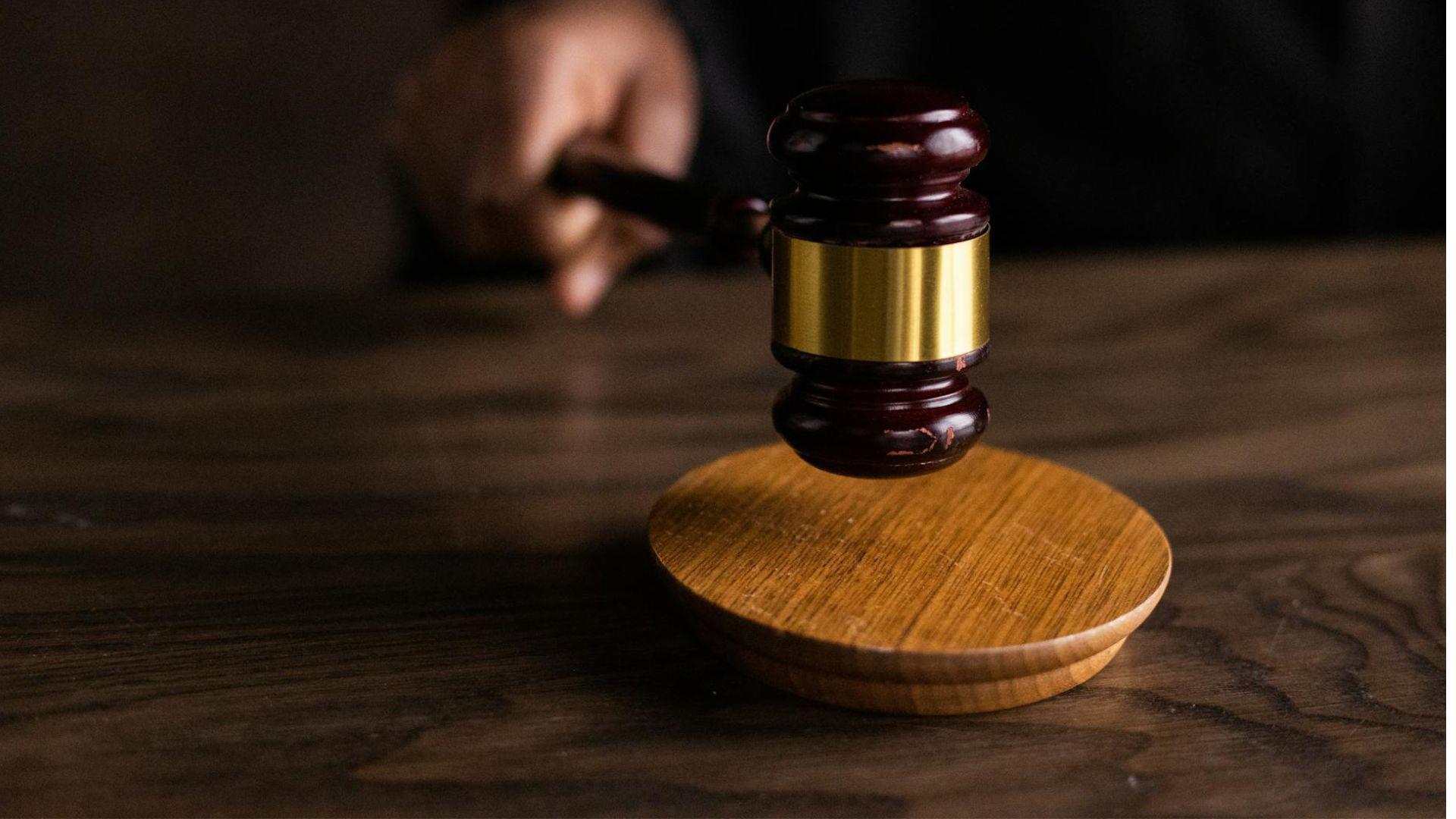On Monday, The Supreme Court agreed to hear an appeal from the Biden administration which is trying to stop states from passing bans on gender-affirming care for transgender minors.
The battle for gender-affirming care has become a national political flashpoint, as divisive the discussion becomes spotlighted ahead of the upcoming general election.
Request for Review

Last year, The Biden administration, through the Department of Justice, asked the Supreme Court to review the state of Tennessee’s ban on gender-affirming care for minors and whether it “violates the Equal Protection Clause of the Fourteenth Amendment.”
“This case is about a Tennessee law banning medical treatments for gender dysphoria in transgender adolescents. The law does not merely ensure informed consent or otherwise regulate the covered treatments; instead, it categorically forbids them,” said the DOJ petition.
Bans Spreading

In May, South Carolina joined a chorus of other states that had been passing laws that restrict gender-affirming care for minors.
South Carolina became the 25th such state to pass some form of care ban and also prohibited public funds from being used for this purpose. In addition, the law put a stop to any current ongoing care for minors who want to change their gender identities.
Supreme Court Agrees to Hear the Case

Now, the Supreme Court has agreed to hear an appeal spearheaded by the Biden administration of a court ruling that upheld the ban on minor gender-affirming care in Tennessee.
During the court’s next session, which will start in October, the justices will hear oral arguments and will reportedly issue a verdict during this term.
What is Gender-Affirming Care?

Many of these state bans on gender-affirming care target the practice of prescribing puberty blockers, hormone replacement therapy, and gender surgery to minors.
Opponents of minor gender-affirming care argue that children cannot properly consent to the consequences of these medical procedures, which they say can have permanent effects that one might later regret.
Stakes of the Case

Lawyers representing transgender teens in Tenessee told the justices of the Supreme Court that its intervention is immediately necessary to settle this legal question.
“Without this Court’s prompt intervention, transgender youth and their families will remain in limbo, uncertain of whether and where they can access needed medical care,” said the lawyers.
Looking Forward to Defending It

Jonathan Skrmetti, the Tennesse Attorney General, released a statement following the announcement the Supreme Court would take the case, highlighting that he has “fought hard” to defend the law.
“I look forward to finishing the fight at the United States Supreme Court,” Skrmetti said. “This case will bring much-needed clarity to whether the Constitution contains special protections for gender identity.”
ACLU Statement

Chase Strangio, a lawyer at the American Civil Liberties Union, underscored the importance of the court reaching a decision, saying that the fate of future transgender generations rests entirely in their hands.
“The future of countless transgender youth in this and future generations rests on this Court adhering to the facts, the Constitution and its own modern precedent,” said Strangio.
Discriminatory Effort

Strangio framed the bans on care spreading across the country as “dangerous” and “discriminatory” measures that harm already vulnerable groups.
“These bans represent a dangerous and discriminatory affront to the well-being of transgender youth across the country and their Constitutional right to equal protection under the law. They are the result of an openly political effort to wage war on a marginalized group and our most fundamental freedoms,” said Strangio.
Fight Over Facts

Supporters and opponents of gender-affirming care clash over the safety and effectiveness of puberty blockers and hormone treatments as well as their permanent effects.
Public institutions around the world have reached conflicting conclusions while research is still being done on the subject. An April study by the American Physiological Society found evidence that short-term use of puberty blockers does not cause permanent damage to ovaries and the uterus.
England National Health Service

In March, England’s National Health Service (NHS) banned the practice of distributing puberty blockers to treat gender dysphoria, citing an evidence review by England’s National Institute for Health and Care Excellence.
“We have concluded that there is not enough evidence to support the safety or clinical effectiveness of puberty suppressing hormones to make the treatment routinely available at this time,” an NHS spokesperson told ABC News.
Not Simple to Reverse

According to the Mayo Clinic, while the effects of puberty blockers may be mostly reversible, if given enough time the changes of gender-affirming hormone therapy are not simple to reverse.
“Some of the changes triggered by gender-affirming hormone therapy cannot be reversed. Others may require surgery to reverse,” said the Mayo Clinic last year.
